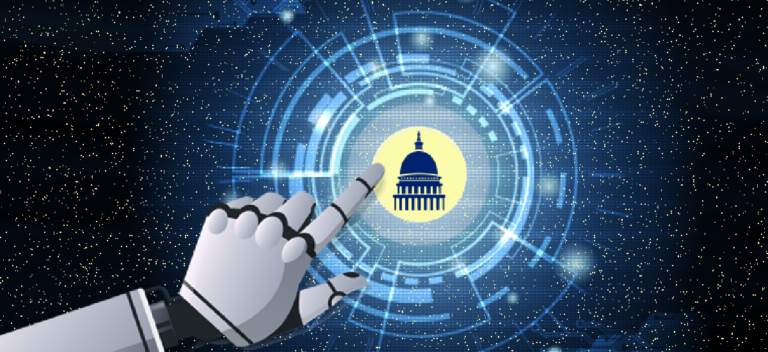
Cyberattacks Slowing Down Courts
Just this month, the Administrative Office of Pennsylvania Courts stated that it was the subject of a cyberattack that was causing outages across the state court systems. Online access to court documents and filing services were disrupted, requiring these tasks to take place in person. Members of the IT staff worked tirelessly on restoring services one by one and the courts even brought in help from the FBI and Department of Homeland Security to help neutralize the attack.
Attacks like this are nothing new and can often take considerable time to recover from. After a cyberattack on the Kansas Judicial Branch in October, it took nearly three months for services to be restored to constituents. This attack affected all of Kansas’ 105 counties and 31 judicial districts. While the electronic services were down, staff had to process everything on paper, meaning that even after services were restored, there was still plenty of cleanup work to do to get everything properly recorded electronically.
It’s encouraging to hear that no personally identifiable information was compromised although it’s unclear as to whether obtaining this data was even an objective of the hackers. Regardless of intent, it’s becoming more difficult for criminals to steal sensitive information out of government records because of the continuous improvement of automated redaction and other programs designed to shield personal information before it can ever be at risk.
As court systems across the country grant constituents access to records through online portals, they’re often taking a second look at the files that would be made available, and the sensitive information contained within them. Courts have been doing a better job of educating filers on the responsibilities they have to protect their sensitive information and there is plenty of software available for the average person to redact a document or two. For larger projects, like when a district court needs to ensure their historical files don’t contain personally identifiable information, an automated redaction tool is a more efficient fit.
A good redaction program doesn’t completely mitigate the risk of cyberattacks, but it can certainly limit the damage. While the instances we looked at here were examples of successful denial of service attacks, no personally identifiable information was accessed. While the disruption is an interference for citizens, all court functions could still take place on-site, certainly less of a hassle than that associated with identity theft.
If you have a need to remove any sensitive information from your documents at scale, whether it be social security numbers and dates of birth or financial information like account numbers and dollar amounts, please reach out and we’d be happy to help.


